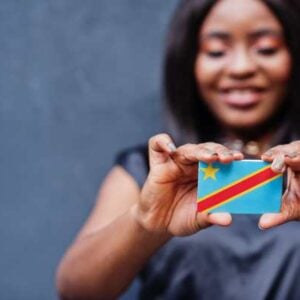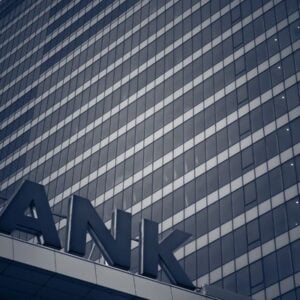After two years of weak growth, the Central African Republic is showing signs of a moderate economic recovery, with growth estimated at 1.5% in 2024, according to a recent World Bank report. This improvement is driven by stable agricultural production, progress in agribusiness, and sustained performance in tertiary activities, supported by enhanced energy supply toward the end of 2024.
The World Bank’s eighth edition of the Central African Republic Economic Update highlights ongoing uncertainties and risks that could affect future growth, including fuel shortages, high energy costs, fragile security, upcoming elections, and tighter financial markets. Despite these challenges, the report projects positive growth of 2.7% in 2025, with potential to double by 2027 if authorities continue implementing reforms and invest in energy supply, agribusiness, and private sector development.
Guido Rurangwa, World Bank Resident Representative for the Central African Republic, emphasized the urgent need for resource mobilization through better taxation of the fuel and mining sectors and modernization of the tax system via the E-tax project.
The report also underscores the importance of the country’s multidimensional wealth, which includes natural, produced, and human capital, and outlines strategies to leverage these assets for sustainable and inclusive growth. Robert Utz, Lead Economist at the World Bank, suggested that the Central African Republic could maximize its wealth by developing its natural resources, promoting ecotourism, improving agricultural practices, managing grazing land efficiently, and protecting key ecosystems.






